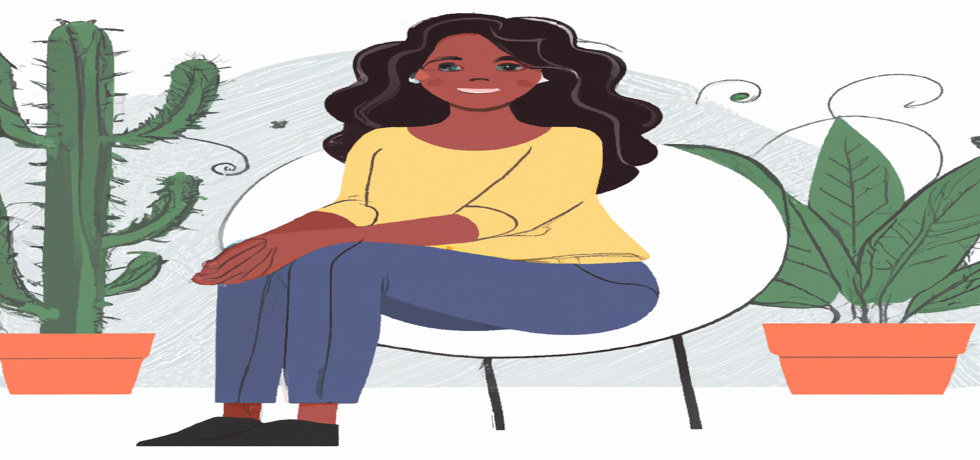Overcoming Dandruff: Treatment Secrets Revealed Understanding Dandruff Dandruff is a common scalp condition that can be both uncomfortable and embarrassing. Characterized by flaking skin on the scalp, it can be triggered by various factors such as dry skin, a fungal infection, or even reactions to hair care products. While it’s often perceived as a trivial …
Continue reading “Overcoming Dandruff: Treatment Secrets Revealed”











